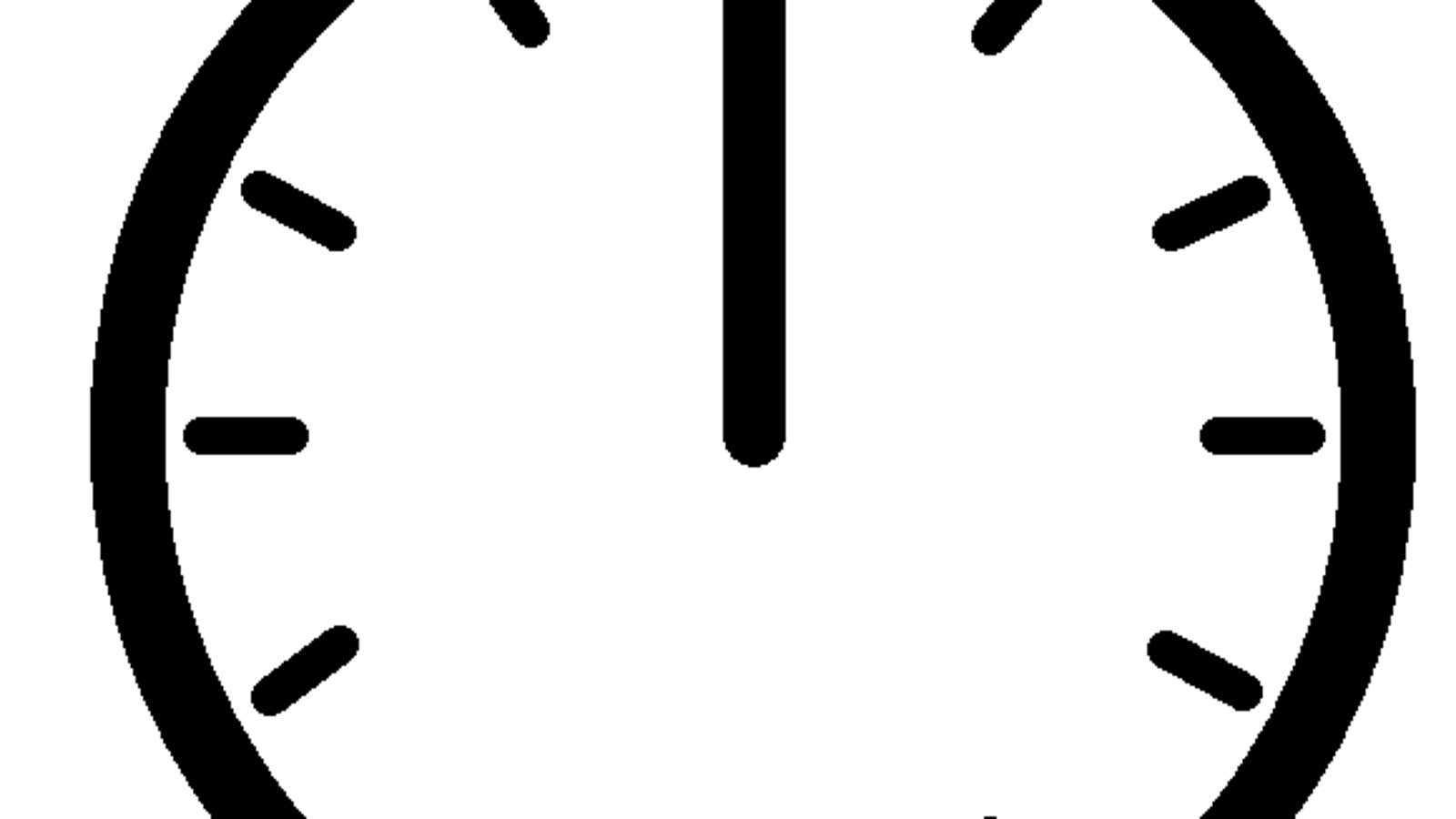We talk about time like it’s money, and that may explain why we say “Daylight Savings Time,” capitalizing the concept to emphasize its awesomeness. After all, who wouldn’t want to be able to save hours like cash?
The phrase “Daylight Savings Time,” though commonly used in Australia, Canada, and the US, is technically incorrect. Time and Date, a website devoted to all things chronological, posits that the plural “savings” became popular because it’s used in everyday contexts, like “savings account.”
The grammatically correct usage is “daylight saving time.” The expression is singular and not capitalized, according to the US Government Publishing Office style guide. The GPO provides the guidance, “d.s.t., daylight saving (no ‘s’) time.”
Whether or not to use a hyphen—as in “daylight-saving time”—is a style choice, says “Grammar Girl” Mignon Fogarty, author of Grammar Girl’s Quick and Dirty Tips for Better Writing. It’s not necessary. She writes, “I prefer the hyphen because I think of ‘daylight-saving’ as a compound modifier that modifies ‘time.'” But for those of us who never think about compound modifiers, going with no hyphen is fine.
While some dictionaries say that it’s “acceptable” to make “saving” plural because the mistake is so common that it’s now a convention, Oxford Dictionaries mentions solely the singular. Fogarty offers this tip when you’re trying to recall the correct usage. “Remember the name by thinking that you are saving light—daylight, to be exact.”
You’re unlikely to conflate the concept with money or bank accounts that way, probably because no one says “light is money.”
